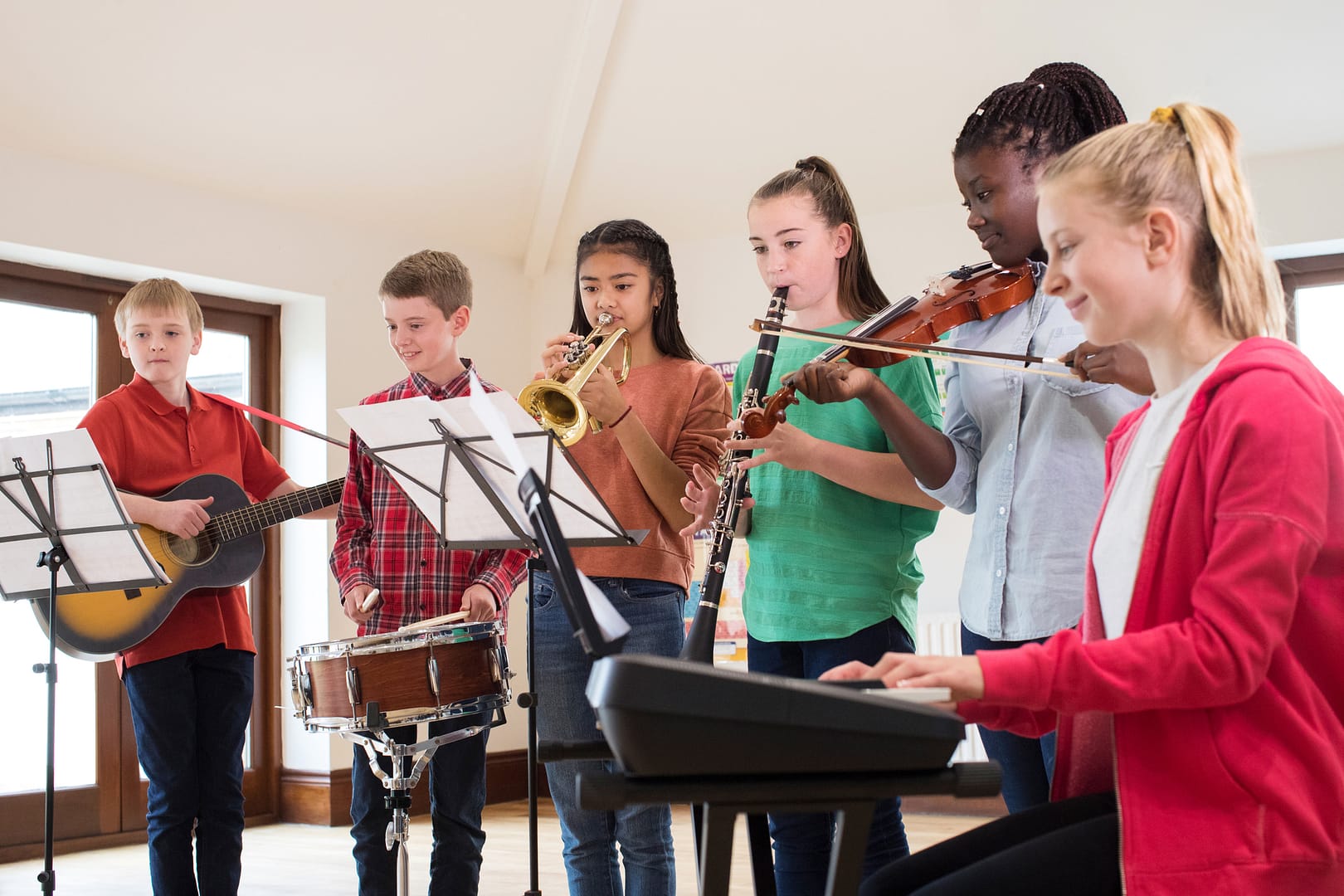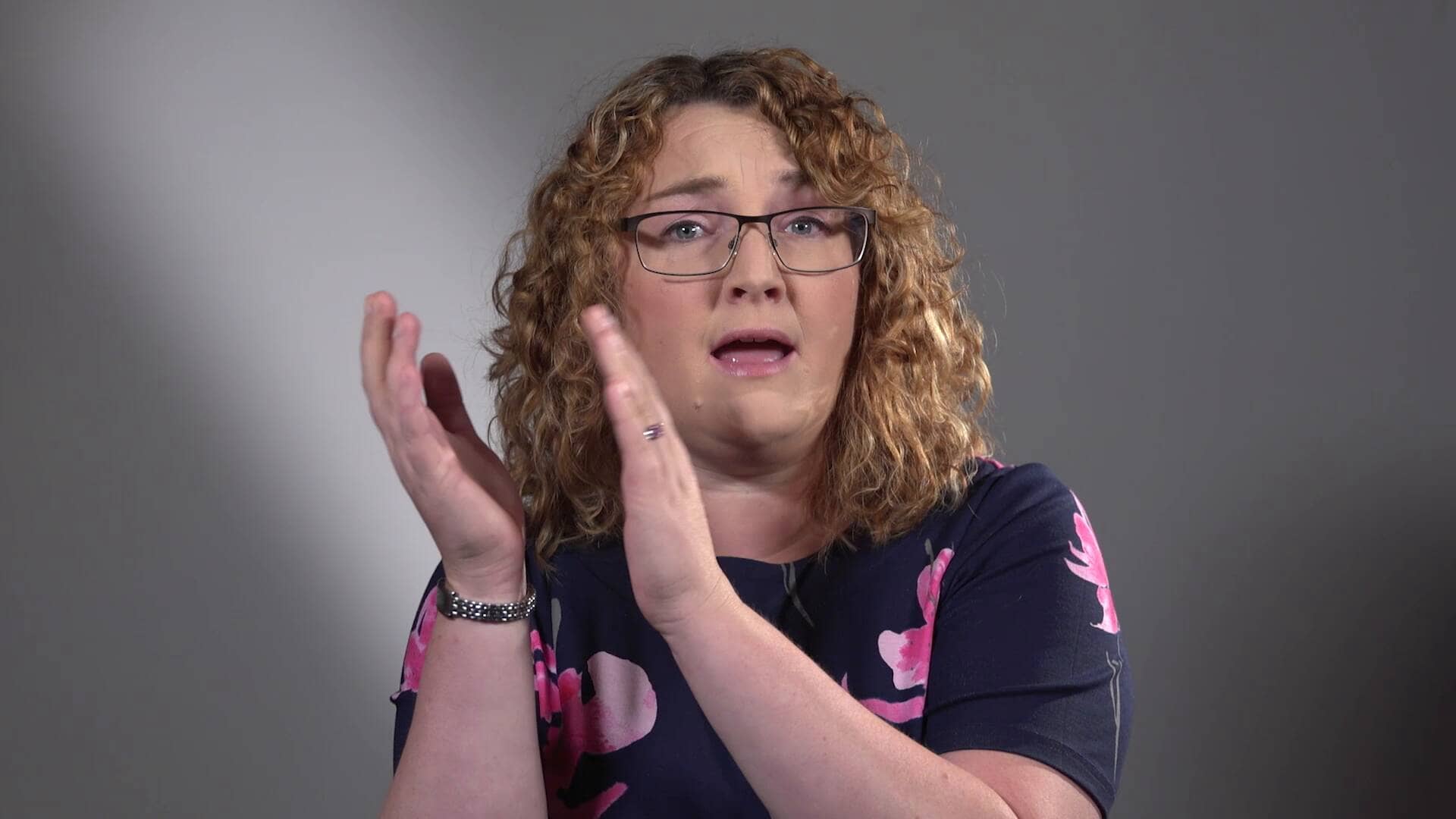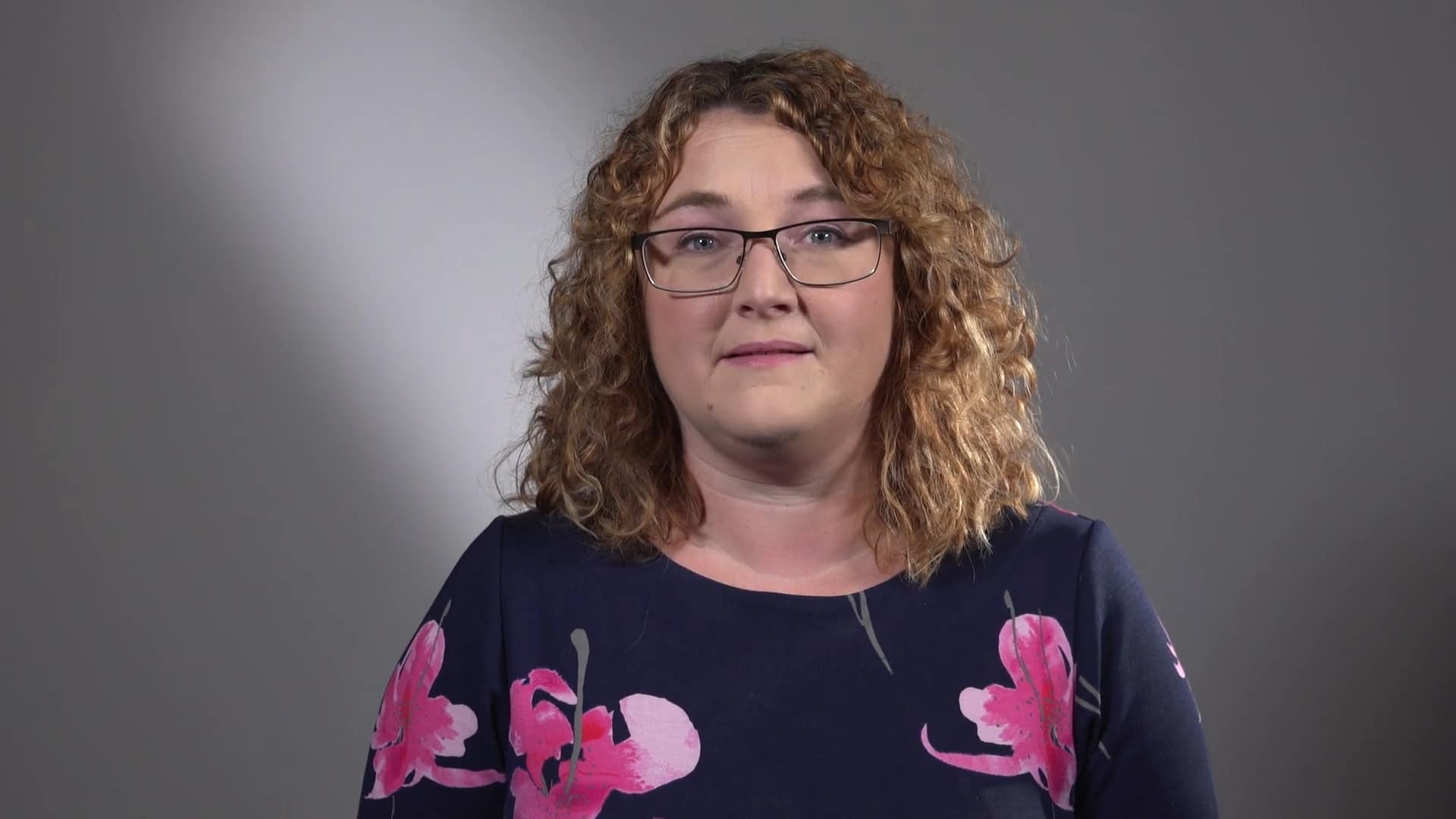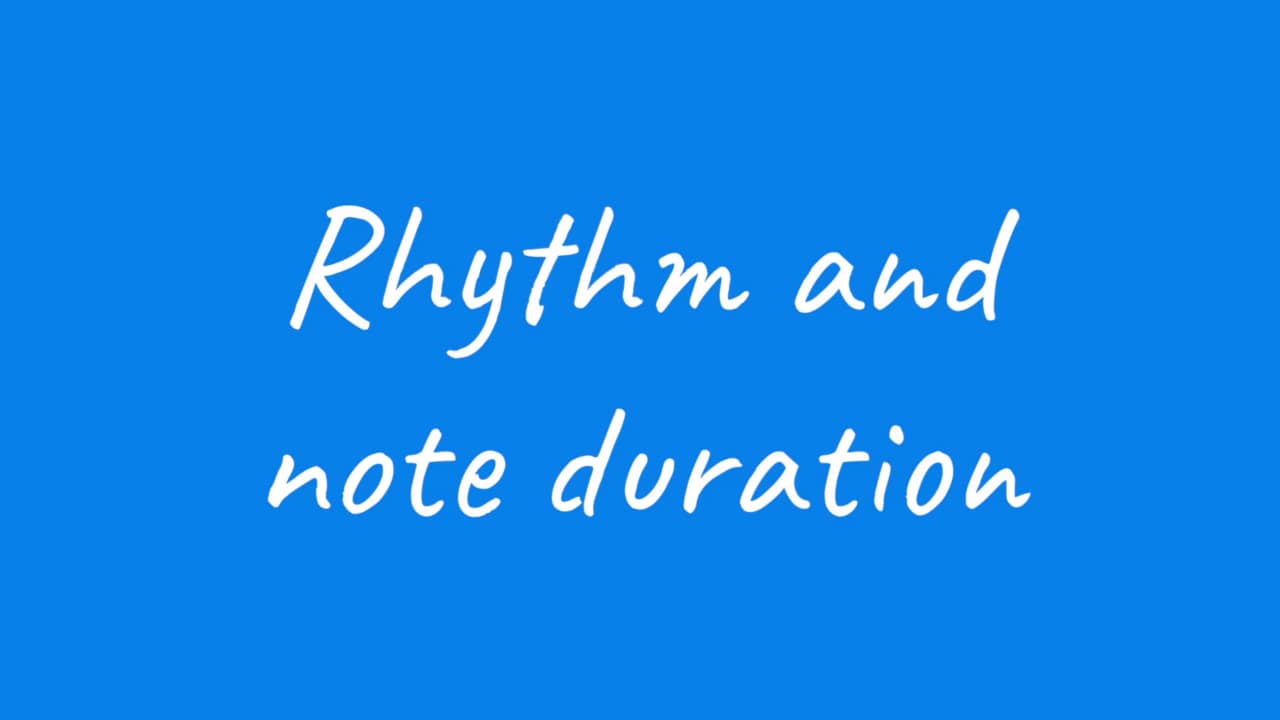This Music video explores how pitch is represented in staff notation. It introduces the use of the treble and bass clefs, explains the position of notes on the stave, and covers ledger lines, sharps, flats, and key signatures. Ideal for building teacher confidence in teaching pitch through notation at the primary level. Presented by music specialist Dr Liz Stafford, this video explains the difference between pitch and clef and how they are shown on the staff notation stave.
year: Year 5
Music: Structure in music (all key stages)
This Music video introduces the concept of musical structure, or form, and how it organises sections within a piece of music. It explains common structures such as verse-chorus, binary, ternary, and rondo, helping teachers support pupils in identifying and composing with clear musical forms.
Music: Tempo (all key stages)
This Music video explores tempo—the speed of the music—and how to introduce it to pupils. It includes strategies for helping children recognise, describe, and respond to different tempi using movement, listening activities, and Italian terminology. The video also explains how tempo changes can be spotted and described easily.
Music: Pulse and rhythm (all key stages)
This Music short video explains the difference between pulse and rhythm, two essential musical concepts often confused by pupils. You’ll explore how to describe and demonstrate each, with practical activities to help children develop coordination and understanding, such as marching to the beat and clapping rhythms. Ideal for embedding the concept of duration from the national curriculum.
Music: Pitches (all key stages)
This video explores the musical concept of pitch—how high or low a note sounds—and how to teach it effectively in the classroom. You’ll learn how to clarify common confusions between pitch and volume, and gain practical strategies to help pupils understand, demonstrate, and use pitch vocabulary accurately through singing and gesture.
Music: Percussion instruments (all key stages)
This Music video introduces percussion instruments and how to use them effectively in the primary classroom. It explains the difference between tuned and untuned percussion, offering tips for introducing rhythm through accessible instruments like shakers, tambourines, and glockenspiels. Perfect for building musical skills and confidence, the video highlights why percussion is a great starting point for whole-class instrumental music-making.
Music: Dynamics (all key stages)
This Music video introduces the concept of dynamics—how loud or soft music is and how that changes over time. Learn simple ways to teach terms like forte, piano, crescendo and diminuendo using engaging class activities, helping pupils develop expressive musical skills from an early stage.
Music: Composing and improvising UKS2
Having mastered the basics of creating music, children learn to include the interrelated dimensions of music to create a particular effect and compose across variety of music genres. This video explores how to develop composition and improvisation skills in Years 5 and 6. Building on their previous learning, pupils are now encouraged to create music for a range of real-world purposes—like jingles, carols, or film scores—using the interrelated dimensions of music. You’ll also find strategies to support group collaboration and self-evaluation as pupils prepare for Key Stage 3.
Music: Staff notation 2 – KS2 – Rhythm and note duration
Staff notation is a way of writing music down and the English national curriculum requires that staff notation is taught, alongside other notations, at Key stage 2. Learn how rhythm and note duration is written and how time signatures, pitch and performance direction are shown in staff notation.








